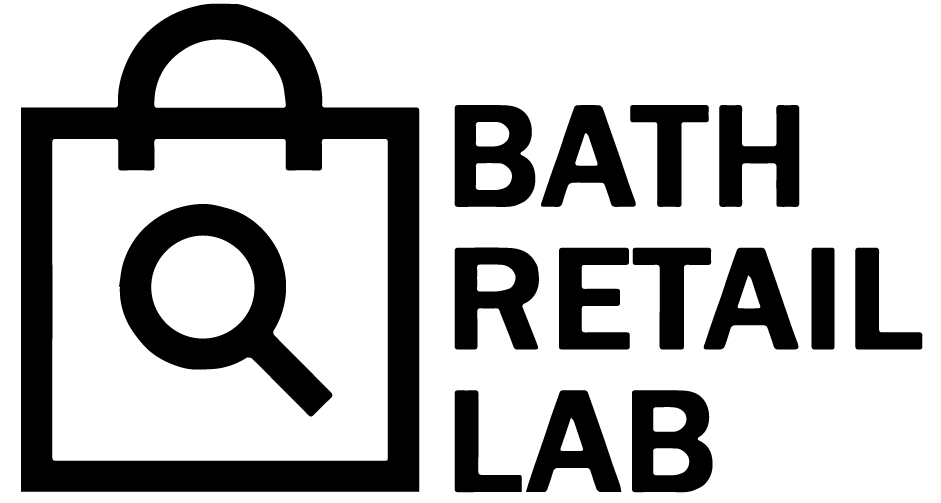https://news.sky.com/story/costly-phone-call-distracted-shoppers-spend-more-in-supermarkets-11726611
Distrifood (NL) on: Hand-held scanners
Business Leader on: Omni-channel retailing
The Telegraph on: Hand-held scanners
For a number of years, various combinations of researchers from the lab have been collaborating with retailers about “the future of retailing”. We have (so far) focused on the physical store in a digital age and more specifically we have looked at “digital tools enhancing shopper in-store decision-making”. In this vein of research we have looked at effects of shoppers using smartphones, hand-held scanners, interactive screens, digital signage and more. In parallel we have also looked at “the role/purpose of the physical store in an omni-channel world”. Here we are more interested in looking at the store layout, the range selection, the services provided in the store etcetera. We are currently collaborating with multiple international researchers and retailers, running field studies, in these projects. At the same time we constantly want new partners. Hence, if you are a retailer who is interested in collaborating with us in the quest to understand the future role for the physical store (or high street for that matter), please feel free to contact us so that we can discuss it further.
For a contact send an email to: j.g.nordfalt@bath.ac.uk.
Related article (open access):
https://www.sciencedirect.com/science/article/pii/S0022435916300872

Research lab member Iina Ikonen has put together a summary of research conducted at the RCC lab with shopping and retailing implications related to the effects of Covid-19 pandemic. Download your one-pager today!
Billed as Covid-safe shopping to avoid the checkout, scanning your own groceries is adding an average 12 per cent to your supermarket spend, according to research from the University of Bath School of Management. Professor Jens Nordfält tells us more.
The RCC Lab formally launched
After months of preparations, the Retailing and Contemporary Consumerism lab has been formally launched. We are excited to formalise existing networks of researchers, partners, and students within this new format. Please read more about the lab on the website!

Abstract
What fuels capitalism and what stops it from collapsing? Does marketing communications support and sustain the economic and political status quo?
This book is not about describing the ways in which businesses can optimize the messages they put across or about adding to the marketing communicator’s toolkit. This book argues that marketing communications plays an increasingly important role in bolstering contemporary capitalism. Drawing on conceptualizations of the ‘market’ from political economy and sociology, it focusses on five logics that underpin and sustain the form of capitalism in which we live: the logic of competition, the logic of sustainability, the logic of individualism, the logic of objectivity, and the logic of distraction. It does this by exploring those arenas which are increasingly dominated by the communicative activities of business: sport, CSR, social media, statistics, and entertainment.
Bringing theories from marketing and consumer research, sociology, cultural studies, technology and media studies to bear on marketing communications, this book is necessary reading for undergraduate and postgraduate students and academics who wish to understand the broader role of marketing communications in the reproduction of contemporary capitalism.
